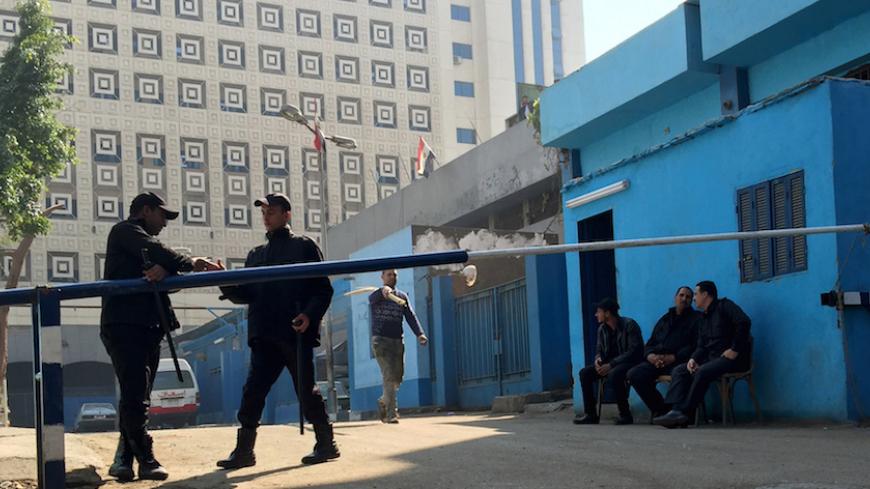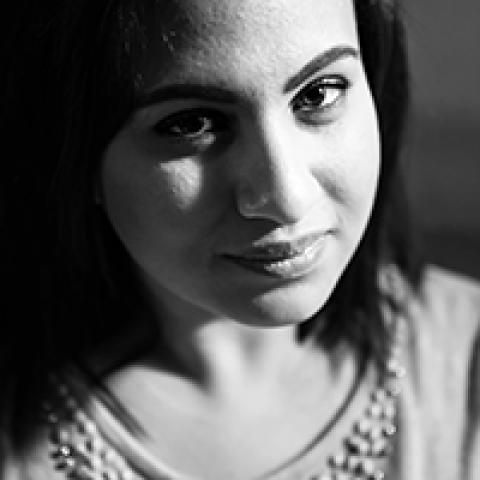An Egyptian was conducting a study on sewage systems back during the times of Khedivial Cairo (1867-1914). He had to apply for a permit from security authorities. Months later, his request was denied “for national security reasons.”
Ashraf El Sherif, a professor of political science at the American University in Cairo (AUC), narrated this story, explaining how research has always been a restricted field in Egypt, resulting in decades of stagnation. Because researchers collect information, they are perceived as spies in the eyes of both authorities and the public. With generations of politically and socially corrupt professors, along with the hostile environment, aspiring researchers often have to give up on their research or take it to different, more welcoming, shores.



